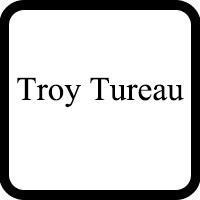Twentynine Palms Bankruptcy & Debt Lawyer, California
Sponsored Law Firm
-
 x
x

Click For More Info:
-
Law Office of Charles Martin
17461 Irvine Blvd Suite F Tustin, CA 92780» view mapBankruptcy & Debt Professional. Affordable. Reliable.
We have 19 years of experience handling thousands of bankruptcies. With our legal assistance we will guide you through the process of bankruptcy.
800-975-9061
Troy Anthony Tureau
✓ VERIFIEDImmigration, Trusts, Social Security -- Disability, Dissolution, Wills & Probate
Attorney Tureau is a practicing lawyer in the state of California.
Annette Louise Isaac
Estate Planning, Family Law, Business & Trade, Commercial Bankruptcy
Status: In Good Standing Licensed: 24 Years
Augusta Marie Burney
Bankruptcy, Business & Trade, Commercial Real Estate
Status: Inactive Licensed: 24 Years
Bradford George Dickson
Immigration, Environmental Law, Employee Rights, Collection
Status: In Good Standing Licensed: 12 Years
Christina Marie Holstege
Landlord-Tenant, Traffic, Litigation, Bankruptcy
Status: In Good Standing Licensed: 12 Years
Douglas Michael Kaye
Real Estate, Collection, Bankruptcy & Debt
Status: In Good Standing Licensed: 36 Years
Eric Joseph Guinan
Civil Rights, Contract, Credit & Debt, Personal Injury
Status: In Good Standing Licensed: 30 Years
Harold Christopher Heritage
Wills, Trusts, Family Law, Bankruptcy
Status: In Good Standing Licensed: 27 Years
 Charles Martin Tustin, CA
Charles Martin Tustin, CA Practice AreasExpertise
Practice AreasExpertise

